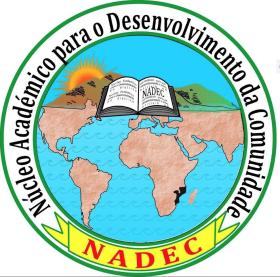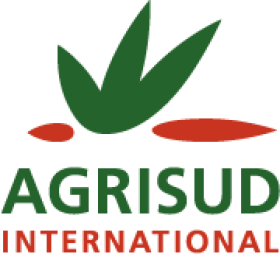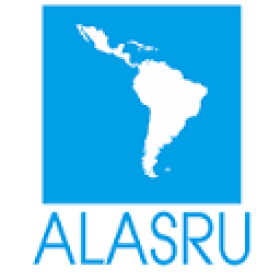New report asks: Where’s the money going in the Niger Delta?
Oil companies are paying billions towards development in the Niger Delta, but it’s having little impact on the ground, say Tijah Bolton-Akpan and Miles Litvinoff.
Oil companies are paying billions towards development in the Niger Delta, but it’s having little impact on the ground, say Tijah Bolton-Akpan and Miles Litvinoff.
When Talabitti’s husband died in 2016, her claim to the family land seemed to die with him. Though her husband had worked the family land by himself, upon his death his male cousins laid their claim. If Talabitti attempted to make a competing claim, they threatened to drive her away – with violence, if necessary. Sadly, this threat materialized.
Our sugar is made from sugarcane. And sugarcane is not planted in trees or in the air, it’s planted in the ground, in the soil, on land. It’s the bedrock of our investment.
—Illovo Land Champion
The World Indigenous Forum (WIF) is the largest indigenous-focused conference in the world. We exist to support indigenous business owners globally – and to connect them with expert knowledge, international markets and the investment partners they need to finance and scale their businesses.
AIPP is celebrating this year's International Day of the World's Indigenous Peoples, 2020 by hosting a 3-day webinar from 5-7 August 2020.
On Day 2 (Thursday 6th August) there are two land-related sessions:
The World Urban Forum (WUF) was established in 2001 by the United Nations to address one of the most pressing issues facing the world today: rapid urbanization and its impact on communities, cities, economies, climate change and policies. Convened by UN-Habitat, the Forum is a high level, open and inclusive platform for addressing the challenges of sustainable urbanization.
(Paris, Yangon) Myanmar may soon face a land conflict epidemic as a result of the growing influx of investments and the consequent demand for land, unless laws and policies that adequately address land rights issues are urgently adopted and implemented, FIDH warned in a new report published today.
Traditionally, in the context of environment and natural resources management, many communication efforts have focused on the dissemination of technical information to end-users who were expected to adopt them. Development practitioners were trying to ‘push’ their products on communities in order to receive community commitment to their development initiatives.
This synthesis of our findings from an investigation of tenure risk in East, West, and Southern Africa, shows that a majority of tenure disputes are caused by the displacement of local peoples, indicating that companies and investors are not doing enough to understand competing claims to the land they acquire or lease. This failure in diligence is particularly noteworthy given that a majority of the disputes analyzed had materially significant impacts: indeed, a higher proportion of projects in Africa are financially impacted by tenure dispute than any other region in the world.











